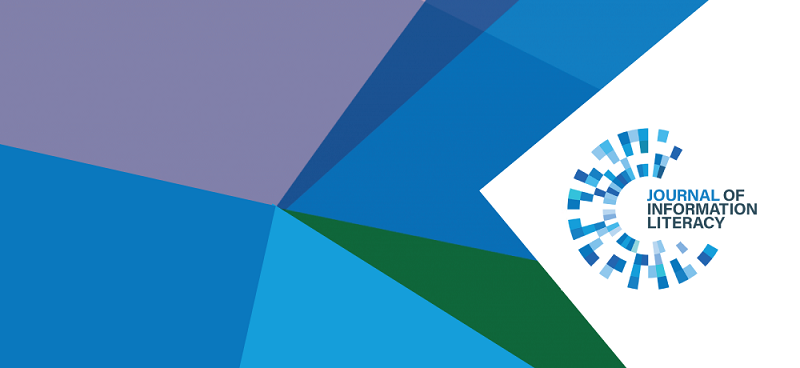This is just a reminder about the call for papers for the special issue of the Journal of Information Literacy about IL and Covid-19. The full announcement is below and can also be found at Call for Papers: Special Issue on Information Literacy and COVID-19 | Journal of Information Literacy We’d really love to hear about any research you have done or initiatives you have started! The deadline for submission of papers is January 10th, 2022. If you would like to discuss whether your proposal meets the scope for this special issue, please contact the Editor, Alison Hicks, for an informal chat. Many thanks,
Meg (JIL Managing Editor)
It has now been over a year since the world first started dealing with the immense challenges of the COVID-19 global pandemic. During this time, information literacy has helped communities to deal with disruption to everyday, workplace, health, and education contexts, including the shift to online working and learning, the need to mediate health and wellbeing issues, and ongoing problems related to the impact of furlough and unemployment (Lloyd & Hicks, 2021). These changes have catalysed enormous opportunity, including the provision of accessible educational and social events, and creativity, as evidenced by the growth in community support networks and multi-modal, multi-generational learning that challenges standardised educational approaches. At the same time, COVID-19 has given rise to a number of issues including the adoption of controversial commercial learning technologies and renewed focus on banking models of education, the (temporary) closure of learning-focused community spaces, the rise of digital inequalities, ongoing physical and mental health issues, and enormous pressure for library workers forced to ‘pivot’ at short notice and under problematic working conditions. The impact of these changes upon information literacy itself, as well as related instructional initiatives, raises a number of questions, concerns and developments that require further research from a Library and Information Studies perspective.
The Journal of Information Literacy (JIL) welcomes submissions exploring the impact of COVID-19 on information literacy within all of its forms. Topics of interest include, but are not limited to: changing understandings of workplace information literacy in relation to COVID-secure workplaces, home-working, furlough or job seeking contexts; intersections and the blurring of boundaries between education, health and community information literacy; shifting understandings of digital literacy, including related to privacy, surveillance, and digital inequality; information literacy and mental health, physical health and disability; COVID-safe information literacy research methods. If you would like to discuss whether your proposal meets the scope for this special issue, please contact the Editor, Alison Hicks, (a.hicks[at]ucl.ac.uk) for an informal chat.
Deadline for full papers: 10th January, 2022
Special issue publication date: June 2022
- General guidelines: The submission has not been previously published, nor is it before another journal for consideration.
- Submissions: Manuscripts should be submitted via the JIL website: https://ojs.lboro.ac.uk/JIL/about/submissions
- Length: Papers should be between 3,000 and 8,000 words, excluding references
- References: Referencing should be in APA style
- Peer Review Process: JIL follows a double-anonymous peer review process, meaning that articles are read by at least two reviewers who have no knowledge of the author’s identity.
- Open Access Policy: The Journal of Information Literacy is an open access title and authors retain copyright in their articles and grant the journal right of first publication with the work simultaneously licensed under Creative Commons Attribution ShareAlike Licence.
Lloyd, A., & Hicks, A. (2021). Contextualising Risk: The unfolding information work and practices of people during the COVID-19 pandemic. Journal of Documentation. https://discovery.ucl.ac.uk/id/eprint/10121120

